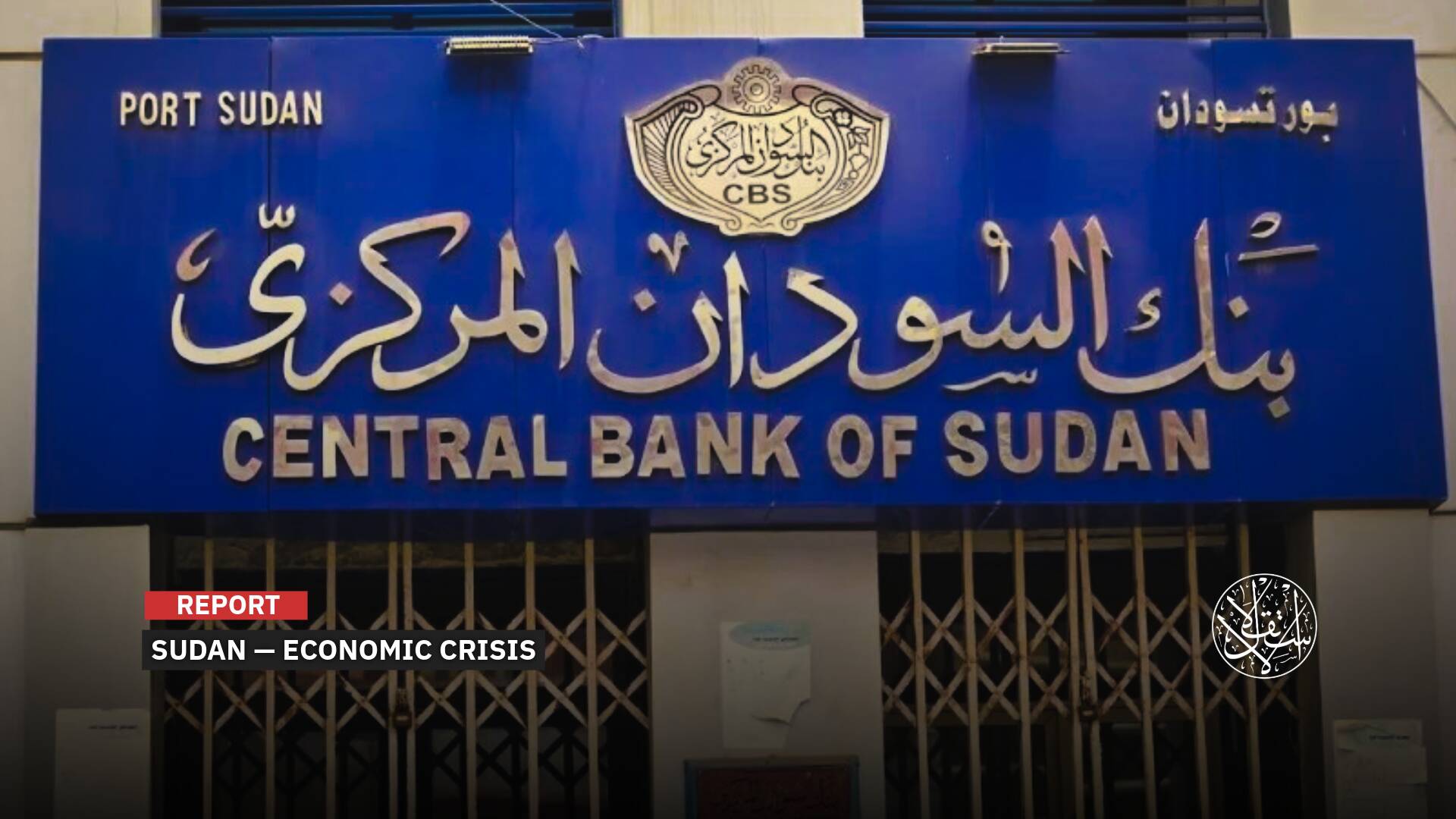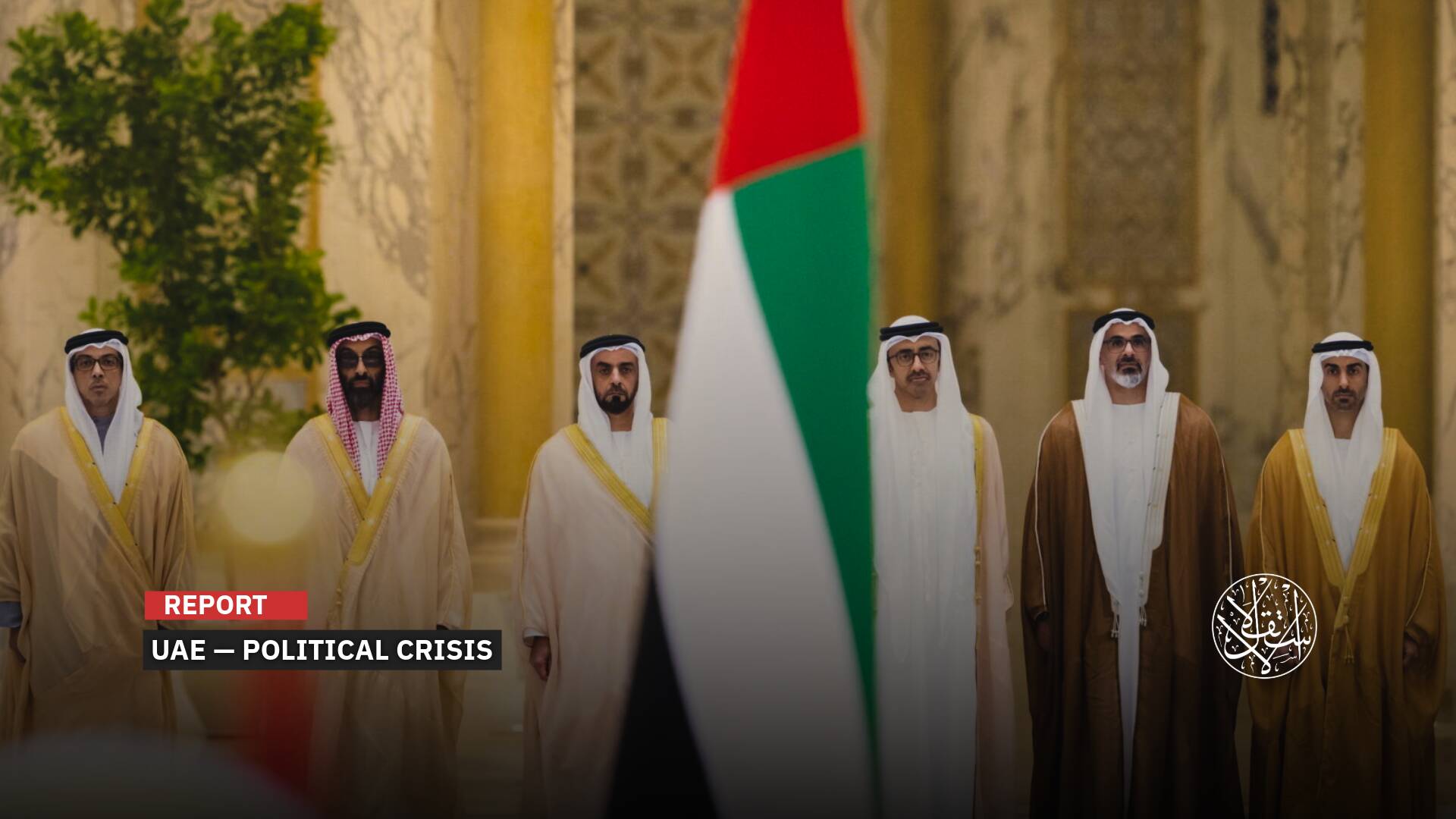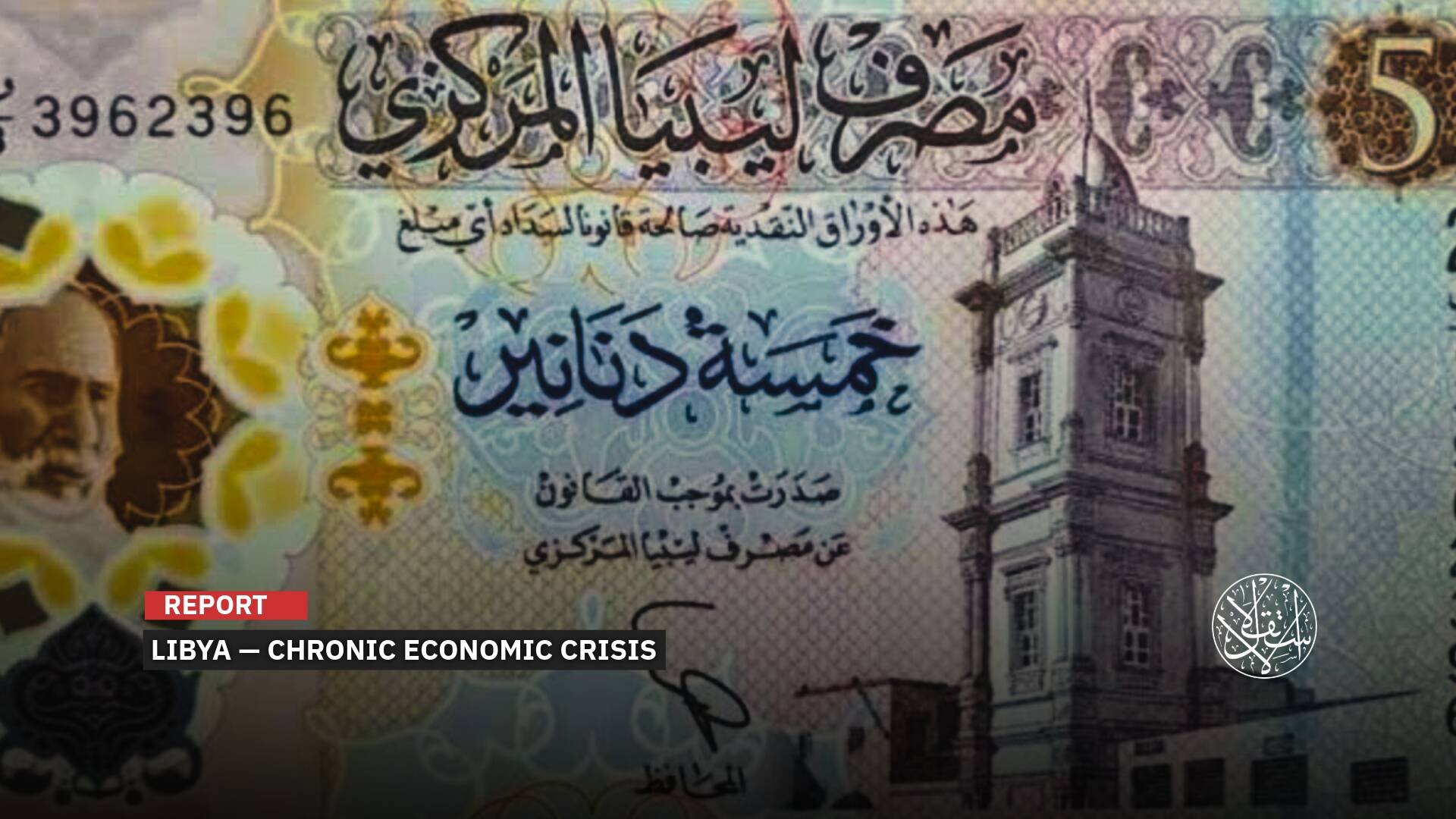Iranian Website: Oman is a New Gateway for Chinese Investment in the Middle East

An Iranian website talked about the strategic importance of the Sultanate of Oman for China, in terms of the Asian giant's desire to dominate the global economy.
The "Iran Diplomatic" website said that Oman's strategic importance to China lies in the fact that it is located near many important countries in the region, as well as its importance in the maritime borders, and the economic Silk Road.
China’s Control
He added, "In recent years, China has been working to consolidate its global position in bilateral trade and investment relation with Asia, Europe, and Africa, in the countries along the Silk Road throughout land and sea, by investing in physical infrastructure, that is, ports, pipelines, and railways express rail, and the rest of the basics.”
Oman is set to play an important role in China's expanding strategy in the Middle East. The Sultanate's distinguished maritime location, its influence in energy markets and independent foreign policy, has turned it into a privileged partner for Beijing.
The Iranian expert in international relations, Maksd Mirabkaf, says, "Oman enjoys the fundamental strategic importance in building and realizing the discovery of the Maritime Silk Road in the twenty-first century."
Oman warmly accepted China and expressed its desire to take advantage of Beijing's growing influence in the Middle East; to turn it into a productive world trade center.
The writer mentioned that Beijing's policy towards Oman is part of its overall policy in the Arab Gulf and the Middle East, which in turn is part of China's foreign policy at the world level.
In the second decade of the twenty-first century, the Middle East presented four important priorities for China's foreign policy, most notably the importance of the region as an energy source as well as an important region for Chinese trade and investment.
As Beijing is the largest consumer of energy in the world in general, and the second importer of crude oil, maintaining the continuous flow of that oil from the region is one of the most important concerns of the Chinese people.
Second: This region in particular is an important part for China because of the elements of the Maritime Silk Road.
In the past, Beijing viewed the Middle East as only an ocean region and nothing to the world, but today the region is considered a critical global geostrategic intersection, and more important to the realization of China's plan, than Asia - the ocean that surrounds it.
Third: Beijing considers the Middle East as a competitor to the great powers, which must be an imminent power like China, and is seen as the dominant one.
In the end, the writer conclude, "China has critical security interests in the Middle East related to the spread of terrorism and extremist ideology".

Oman’s Strategic Value
Mirabacf continued: Despite Oman's direct instability in the sea trade routes, this country is ready to play an important role in China's endeavors to revive the old sea trade routes, and enjoys a high economic and geopolitical share in the economic sea-lanes of the plan laid out by Beijing.
Oman is of such importance and strategic value for the success of China’s plans, according to the author.
First, Oman is located in the southeast of the Arabian Peninsula, adjacent to the Strait of Hormuz, and is a vital marine artery between the Arabian Gulf, the Gulf of Oman, the Arabian Sea, and the Indian Ocean.
Oman's borders are linked with Saudi Arabia, Yemen, and the United Arab Emirates, and India, Iran, Pakistan, East Africa, and a large area of the Indian Ocean are located nearby, which is one of China's main national security concerns.
China's stable presence in Oman will increase Beijing's presence in the Indian Ocean and the Arabian Sea.
The writer adds, "Oman's proximity to the Arabian Sea, the Gulf of Oman, the Arabian Gulf, and the Indian Ocean qualifies it to reach the most important energy corridors in the world, and its position increases in the global energy security chain."
More than 80 percent of the world's maritime trade in oil transportation passes through the Indian Ocean routes, 18.5 percent of all petroleum trade.
Furthermore, 40 percent of the world's maritime trade for oil trade passes through the Strait of Hormuz, and this region is considered the largest of its kind in the world's sea transit.
With Oman's help, China can obtain the energy flow it needs with some effective management and control, in addition to opening a new market and trade routes to Oman and the Middle East; Because Beijing's plan links the region's economy to Southeast and East Asia.
Endeavors and Goals
The expert added, "The Asian economy, in turn, seeks to increase economic integration and cooperation. In terms of transportation, this country is located in the most important international transportation routes and connects many continents to each other."
It also owns direct trade routes to a growing market linked to the Gulf Cooperation Council, India and Africa.
Oman has a very good transportation infrastructure and offers three ports, five international airports, as well as a first-class road network.
For example, China has a special relationship with Sohar Port and Oman Free Zone. This seaport is located in the deep waters of the Gulf of Oman in the northwestern part of the country near the Sultanate's borders with the Emirates and the free trade zone.
Beijing wants to expand the Oman road and railway networks, which benefit from the integration of Sohar Port and the Free Zone into the transportation routes of the government of Oman, the Gulf Cooperation Council, and even the UAE and Saudi Arabia.
The expert concluded his article by saying: "Oman's strategic location enables China to exploit its geopolitical influence in the entire Indian Ocean, and the new geopolitical center of attraction."
This ocean will turn into a new world trade center and a flow of energy, which accounts for half of global container traffic, and 70 percent of petroleum tonnage.
However, there are special restrictions and obstacles in the relations between China and Oman that can prevent or hinder these relations.
For example, Oman is trying to take advantage of its geographical position to become part of the global trade route, but it is forced to deal with the entire Gulf Cooperation Council that wants to invest in its logistics centers.
On the other hand, the geopolitical turmoil in the Persian Gulf in recent years could affect the investment security of Chinese companies.
Oman is settling between rivals in the region, namely Saudi Arabia and Iran, as well as Yemen, a neighboring country, as Muscat realizes that this strategic location creates major geopolitical risks.
Moreover, India wants to take advantage of Oman's trading networks by finding a way to reach more markets in Africa and the Middle East, as well as complement its rivalry through geopolitical influence in the rest of the Indian Ocean.
Oman and India have close diplomatic relations, as well as cultural and economic relations, including the broad alliance in the military and defense fields.








